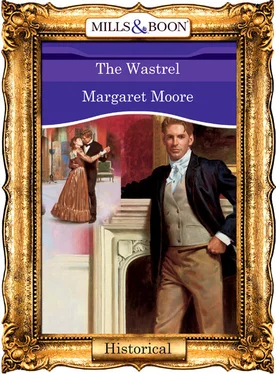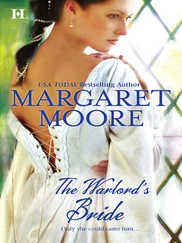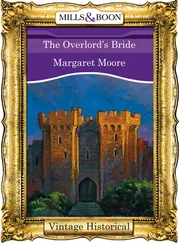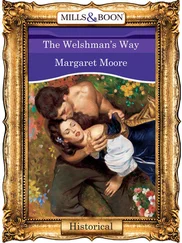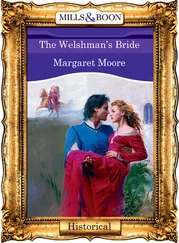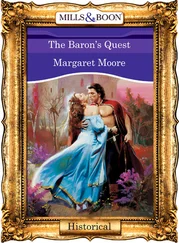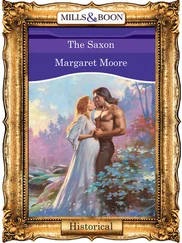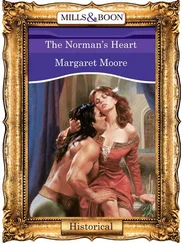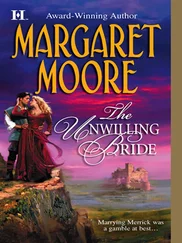“He’s a wonderful chap to have at parties,” Paris remarked, recalling well the only time he had met the writer, whose works he had never actually read. Dickens enjoyed the theater, and had been almost a whole play in himself as he acted out parts of Oliver Twist. It was a never-to-be-forgotten experience.
“If I ever meet him, I’ll...I’ll...He’ll be sorry!” Lord Pimblett continued. “The poor are lazy, sir, lazy, and if they won’t work, they should starve!”
Paris’s fingers tightened around the delicate crystal glass that cost more than many a man earned in a year. He never ceased to be amazed at the way the men of his class were all too quick to ascribe certain characteristics to the lower classes when he could think of several of them who would starve to death if they didn’t have family fortunes to sustain them.
Lady Pimblett recovered sufficiently to rise slightly, her action causing him to note yet again the opulent ostentation of the woman’s garments, as well as the fraudulent air of weak ill health that she enjoyed to the utmost.
One more swoon and he would win his bet. Telling himself not to fret about any disapproval a gray-gowned young lady might express, he quite remorselessly applied himself to the task.
“But the bodies, my lord,” he said plaintively. “What would we do with the piles of bodies that would be left in the street? The stench—”
He won his bet, and in the process it looked as if he had succeeded in causing Lady Pimblett to truly faint. His audience of young ladies emitted politely shocked squeals of alarm, and their fans moved rapidly.
His glance was drawn once more to the window seat, now empty. Just as well. The gray nun would only be looking daggers at him anyway.
“Don’t just stand there!” Lord Pimblett rumbled to nobody in particular. “Water!”
Paris obliged by yanking some huge and exceedingly ugly chrysanthemums out of a vase standing on a spindly-legged table, dipping his fingers in the water, and sprinkling his hostess’s face.
Lady Pimblett came to with startling abruptness as her cheeks changed color before their very eyes, going from a fashionable paleness to a far more healthy rose. The young ladies, whose mothers would never permit any application of cosmetics and acquainted that practice with the oldest profession, drew back in stunned horror as Lady Pimblett swiftly covered her face with her lace fan.
Lord Pimblett was staring as hard as any of them, and it occurred to Paris that perhaps he had never seen his wife without certain cosmetic additions. Poor man—and poor, deluded Lady Pimblett, for her natural color was far more pleasing to Paris’s eye than the white of her powder.
Then, out of the corner of his eye, Paris saw a beautiful and haughty young woman at the far end of the room, wearing a very expensive, fashionable, low-cut gown of pink silk that exposed her considerable personal charms. Lady Helena Pimblett, the woman he was supposed to marry—or so Helena firmly believed, although he himself had said nothing about such a thing—hurried toward him, a questioning look on her fair and arrogant face.
A precipitous flight was clearly called for. Paris muttered another apology and strode toward the door.
As he passed by a gaggle of different young women, each one perfumed and overdressed in the latest fashions, which meant that they resembled nothing so much as large bells, he smiled and nodded and wondered what the severe Miss Wells would make of the way they eyed him. Each one, he knew, was sizing him up as marriage material; each one would probably take him, if he offered.
Not Miss Wells, he ventured, recalling her indifferent expression.
He kept walking, since it would be a little time yet before Jones returned with his carriage. People were everywhere, it seemed, and the air was warm and stuffy. He spied the entrance to the library, and decided to see if that dark, mahogany-paneled room was any emptier. He opened the door, then paused.
A man was sitting on the floor, surrounded by a pile of books, mumbling. Paris recognized Byron Wells by his unusually long, white hair. A scholar, probably—something guaranteed to make Paris flee his presence. The young man slipped out again unnoticed.
He was about to continue on his way when he saw the edge of a now-familiar gray gown just inside the door of the music room and heard the artistic Mrs. Wells, her voice enthusiastically issuing forth from inside.
“I quite dote on flowers,” Aurora Wells said. “They make such pretty still lifes, don’t you think?”
Hester Pimblett, Helena’s younger sister, moved into view. Unlike her elder sister, Hester dressed in a simple manner. Her ball gown was made of blue velvet, which looked well with her brown hair and managed to bring out the blue in her large eyes. For embellishment, she wore only a simple pearl necklace and white elbow-length gloves. She would no doubt find the stern Miss Wells something of a kindred spirit, at least as far as simplicity of clothing went. Nevertheless, compared to Clara Wells, Hester — indeed, all the young ladies of Paris’s acquaintance—seemed distinctly lacking in some vital energy.
The prospect of seeing the rather straitlaced middle Pimblett sister, who was a sweet young woman with about as much personality as a bowl of porridge, encounter any kind of artist would be entertaining, and even more so if the artist were the vivacious Mrs. Wells. There was also the added inducement of watching Clara Wells when she was with other women to make Paris choose to linger.
Not that he cared if she was dour only when he was nearby, indicating a disapproval of him personally. She was nobody, and so it was completely irrelevant what she thought of him.
However, Paris also realized that Hester would become as silent as a stone if she knew he was listening, so he hid in an alcove behind a large Oriental vase on an ornate wooden stand.
“People are so much more interesting than a bowl of fruit!” Mrs. Wells continued. “And the fresh fruit attracts flies, especially in the summer months! I assure you, I thought I would go mad the last time I did such a painting. I much prefer portraits. So much more scope for expression!”
“Do you have models?” he heard Hester ask timidly.
“Of course I do,” Mrs. Wells replied. “Painting the human figure is not easy.”
Paris shifted behind the vase, wanting to catch a glimpse of Clara Wells’ face for no reason he wished to acknowledge. He was rewarded for his efforts by encountering a type of expression that he had never seen before, but had often felt upon his own visage when his mother had been in one of her gayer moods: a sort of patient forbearance, embarrassment and defiance all rolled into one. His mother, much as he had loved her, had frequently scandalized a dinner party with her comments.
“What of the classical scenes you do, such as your lovely fan,” Hester asked, “when your subjects are...that is, when they aren’t... ?”
“When they’re nude?” Mrs. Wells demanded.
Paris had to shove his hand in his mouth to avoid laughing out loud at poor Hester’s blushing yet avidly curious face—and he thought Clara Wells not incapable of plotting a murder, judging by the look in her eyes as she regarded her aunt and crossed her slender arms.
Hester nodded once and looked around guiltily, causing Paris to move as far back into the alcove as possible. He had no idea that Hester would ever express curiosity on such a subject.
“Nudes are all very well, but I can so rarely find a decent body.”
“Aunt Aurora!” Miss Wells admonished helplessly.
Paris’s heart went out to the blushing, appalled Miss Wells. He well remembered how easily upset a young person could be by a parent’s behavior.
Читать дальше
